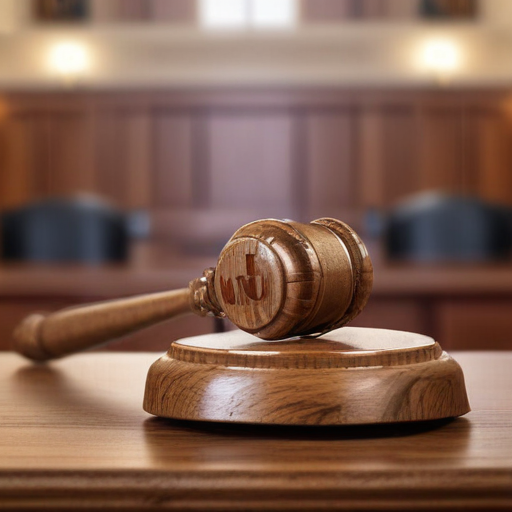The Supreme Court is currently deliberating a law that could decide the future of TikTok in the United States, a social media platform boasting around 170 million users. This law was enacted by Congress in response to national security concerns regarding TikTok’s ownership by the Chinese company ByteDance, suggesting the app could be influenced by the Chinese government.
During the court proceedings, justices across both conservative and liberal lines displayed skepticism toward arguments made by TikTok’s legal representatives, indicating a tendency to favor the law. Initial questioning from conservative justices, including Justice Clarence Thomas and Chief Justice John G. Roberts Jr., pointed out that the law is more directly targeting ByteDance than TikTok itself.
Justice Brett Kavanaugh highlighted a grave concern that the Chinese government may exploit information TikTok gathers on American users, especially young people, for espionage or manipulation in the future. In contrast, liberal justices like Elena Kagan and Ketanji Brown Jackson expressed queries about whether TikTok could simply develop or acquire an alternative algorithm, somewhat minimizing its necessary ties to its Chinese parent company.
However, Justice Kagan and Justice Neil M. Gorsuch raised questions about the government’s basis for claiming a covert threat from China, suggesting that less restrictive measures, such as warnings or notifications to users, might suffice instead of an outright ban.
Lawyers from TikTok and its users argued that the law violates First Amendment rights. Noel Francisco, arguing on behalf of TikTok, contended that the government has no valid interest in preventing foreign propaganda. Similarly, Jeffrey Fisher emphasized that merely citing national security concerns is insufficient for justifying such legislative measures.
The Biden administration defended the law, claiming it doesn’t suppress free speech but merely seeks to eliminate foreign control over TikTok, thus ensuring user data remains secure.
Former President Trump has requested the Supreme Court delay the law’s implementation until he takes office on January 20, citing potential changes in approach under his administration. However, the justices showed little interest in this request, implying that the law’s implications may remain unaddressed regardless of the outcome of Trump’s appeal.
As the situation develops, the future of TikTok in the U.S. remains uncertain, with potential repercussions beyond social media, touching on national security, freedom of speech, and international relations.
In summary, the Supreme Court’s stance on TikTok could result in a significant shift regarding foreign tech ownership and user privacy, striking a delicate balance between safeguarding national interests and upholding constitutional rights. This illustrates the broader implications of how technology platforms interact with geopolitical tensions in the modern world.
